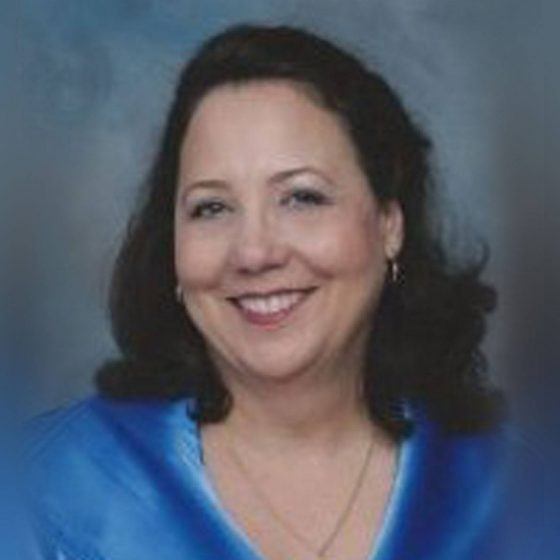Nolan Auerbach & White are experienced Healthcare Fraud Lawyers helping courageous whistleblowers.
Home Health Agencies (HHAs) are paid a predetermined rate for each 60-day episode of home healthcare. The severity of a patient’s condition changes the number and type of visits required for care. Group assignments are meant to be based on diagnosis, functional capacity, and service use, from relatively uncomplicated patients to patients with severe medical conditions. These codes, in turn, largely determine reimbursement.
Medicare will pay for a beneficiary to receive home health services if his or her physician certifies that the beneficiary is “homebound,” which is generally limited to those beneficiaries who are:
-
- Confined to the home or assisted living facility (ALF), except for infrequent or short absences or trips for medical care; and
- Require one or more of the following qualifying services:
- physical therapy;
- speech-language pathology;
- intermittent skilled nursing.
Payment for home health services is based on an HHRG value that translates into an episodic rate. A patient’s level of care, including his or her therapy needs, is assessed by the provider, using the Outcome Assessment Information Set (“OASIS”). Elements of OASIS contribute to a score that the HHAs use to assign the individual to a Home Health Resource Group (HHRG). The HHRGs reflect beneficiaries’ health conditions and their needs for care in three distinct areas: clinical severity, functional severity, and service utilization. CMS also uses a case-mix model that differentiates payment based on whether the beneficiary is in an early episode (i.e., a first or second episode) or a late episode (i.e., third episode and beyond), as well as whether the beneficiary has received more than 20 therapy visits.
Home health services must be provided under a Plan of Care, established and reviewed by a physician. Physician involvement, review, and signature on the Plan of Care are conditions of payment for home health services. Furthermore, the provider must certify that any home health or inpatient therapy services given are (a) medically necessary; (b) properly documented; and (c) properly authorized by a physician. The services must be “reasonable and necessary for the diagnosis or treatment of illness or injury or to improve the functioning of a malformed body member.” 42 U.S.C. § 1395y (a)(1). See also Medicare Home Health Agency Manual § 205.2. In addition, the amount, frequency and duration of the services must also be reasonable. Id.
Recertification is required in order to receive services beyond the original 60-day episode. Medicare’s home health benefit is intended to address short-term medical goals, i.e., those achievable within 60 days. Accordingly, recertification is intended to be the exception.
The provider is also required to maintain a clinical record, to include appropriate patient identifying information, the name of the beneficiary’s attending physician, drug and dietary guidelines, and treatment and activity orders. A complete clinical record should be signed and dated and contain the beneficiary’s clinical and progress notes, copies of summary reports sent to the attending physician, and the discharge summary. 42 C.F.R. § 484.48.
False claims arising out of home health services which result in healthcare fraud most often involve:
-
- Certification of patients that are not legitimately confined to his or her home;
- Certification of patients falsely representing that the patient is in need of at least one of the following skilled services: skilled nursing, physical therapy, speech language pathology; or continuing occupational therapy;
- HHA has upcoded Oasis assessment forms; and
- HHA has obtained referrals through kickbacks, such as paying physicians for each Plan of Care certified by the physician on behalf of the home health agency; or, for example, providing hospitals with discharge planners, home care coordinators, or home care liaisons in order to induce referrals.
Distinct characteristics commonly found in home health fraud include:
-
- High percentage of episodes for which the beneficiary had no recent visits with the supervising physician;
- High percentage of episodes that were not preceded by a hospital or nursing home stay;
- High percentage of episodes with a primary diagnosis of diabetes or hypertension;
- High percentage of beneficiaries with claims from multiple HHAs; and
- High percentage of beneficiaries with multiple home health readmissions in a short period of time.
These and other indications of fraud may give rise to a successful qui tam lawsuit under the False Claims Act.


